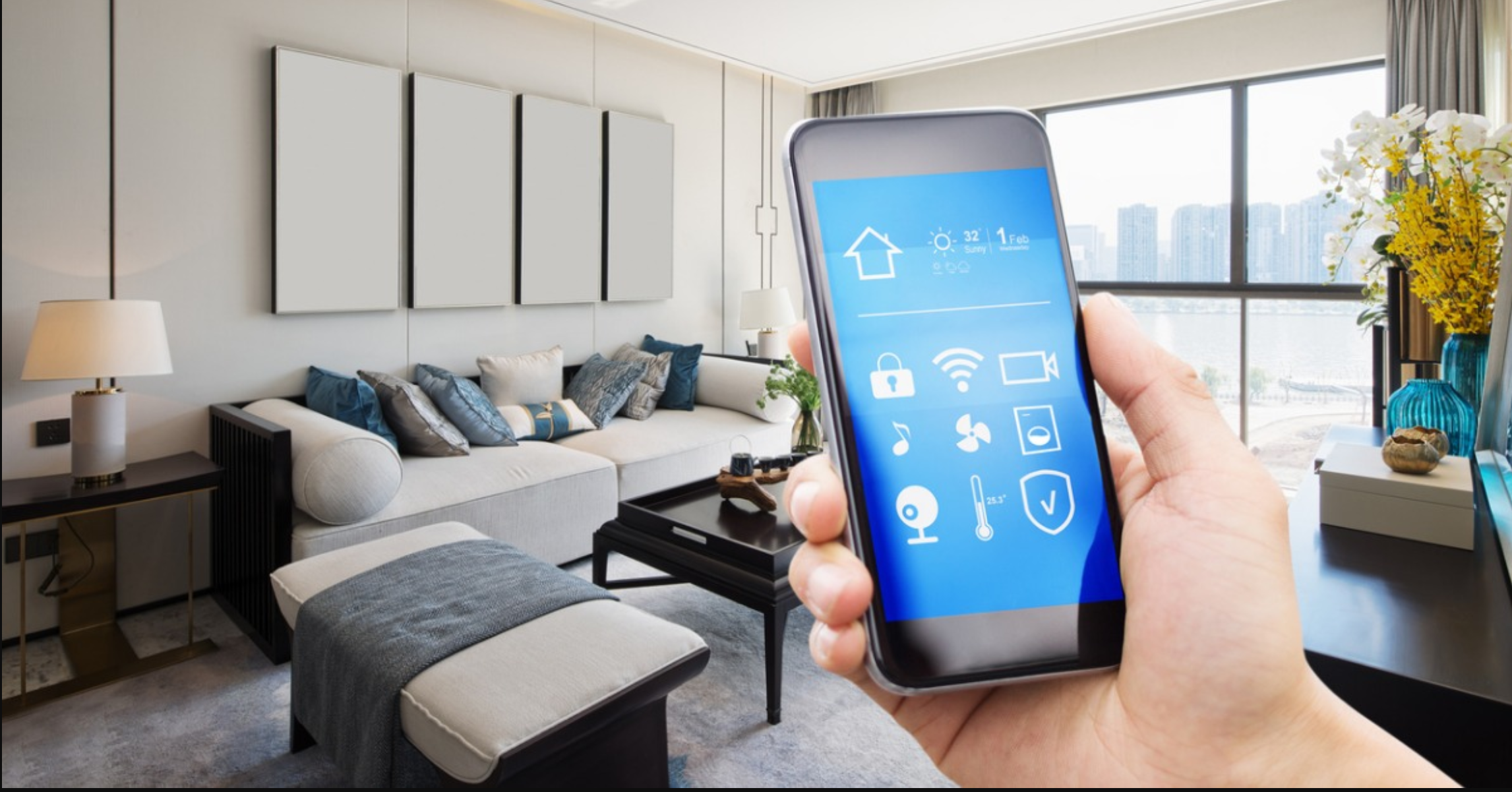Smart home technology is advancing beyond telling your phone or internet-enabled device to play music and look up sports scores.
Smart thermostats, lightbulbs, plugs, locks and doorbells are available to homeowners, and the list of things technology can connect to within a home is growing every year.
Here are some smart devices you may want to consider integrating into your home:
Thermostat
With a variety of options to choose from, one of the most popular smart thermostats among today’s homeowners is the Nest Learning Thermostat, which is owned by Google.
The Nest thermostat uses an algorithm to adapt to your preferences, as well as when you leave and arrive home. When you’re away at work, it uses your phone’s location to determine that you’ve left and enters eco mode to save money and energy, reducing bills by up to 15 percent, according to the company.
Floodlight
The Sengled Smart LED Floodlight is an inexpensive way to monitor your home as a motion sensor, while providing light without having to turn the light switch on and off.
Unlike some motion detector lights that require installing new fixtures and possibly wiring, the Sengled Smart LED bulb connects to existing fixtures. Built-in motion and daylight sensors turn the light on automatically for 90 seconds when motion is detected within 30 feet. The light can also be controlled through voice control on Alexa or Google Assistant.
With the Sengled app, you can even receive mobile notifications when motion is sensed.
Smart Lock
The August Smart Lock Pro + Connect attaches to the existing deadbolt and features keyless access. With your phone in your pocket, you can open the door without fumbling for your keys. It automatically locks the door behind you after you leave.
The lock can also be voice activated through Siri, Amazon Alexa or Google Assistant.
Smart Doorbell
Want to see who’s ringing the doorbell? With continuous streaming and video recording, the Nest Hello gives you a 160-degree view and visitor detection alerts. It also has a speaker and microphone so that you can communicate with visitors knocking on your front door whether you’re inside the house”or away from home.
Published with permission from RISMedia.
Podcast: Play in new window | Download

 Facebook
Facebook
 X
X
 Pinterest
Pinterest
 Copy Link
Copy Link




